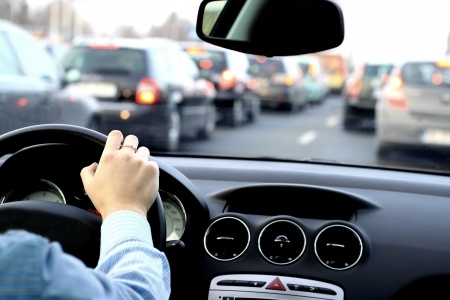
The Uber ridesharing experience is a relatively new phenomenon in West Virginia, but has received serious consideration by legislatures in the State. As one article notes, “the legislation itself, Senate Bill 385, creates a new article in the state code dealing with so-called transportation network companies, or TNCs [and] it requires the companies receive a permit for operation from the Division of Motor Vehicles at an annual cost of $5,000.” According to such legislation, to insure the safety of passengers, “companies would be required to conduct background checks on all drivers, disclose the drivers’ pictures and license plate numbers, and have estimated ride costs available to the rider before he or she enters the vehicle.”
Part of the issue at dispute in regards to allowing Uber ridesharing in West Virginia is the extent by which a passenger may be properly insured for injuries suffered when using such ridesharing services. Although the issue still remains under consideration, the West Virginia legislature is defining three separate stages of the ride-sharing process wherein insurance may come into play:
- Insurance Stage 1 occurs when the driver activates the application on his or her phone to show he or she is willing to pick up a rider.
- Insurance Stage 2 occurs when the driver is matched with a passenger.
- Insurance Stage 3 when the passenger is physically in the driver’s vehicle
The concern from the State of West Virginia is that that Uber consumers and passengers be adequately protected, insured, and otherwise safeguarded, whether it be by the passenger’s own auto insurance policy, or an insurance policy that is held individually or collectively by Uber drivers. As the article highlights, Uber wants “to ensure that you are protected adequately [where] drivers and passengers could find themselves without coverage [and] that is the crux of this issue.” Uber passengers should be aware of the various rules, including insurance coverage before electing to use such ride-sharing based services.
The problem for both Uber passengers and drivers is that Uber currently “operates no vehicles, and does not hold itself out or advertise itself as a transportation service provider. In fact and law, Uber does not provide transportation services of any kind and does not own, lease or charter any vehicles for the transportation of passengers.” This greatly complicates the issue of insurance coverage, especially when there is an accident and insurance companies may deny an Uber driver coverage because he or she is involved in “business transportation” leaving the passenger with very little to no recourse.
Let our Personal Injury Attorneys Help You Today
If you or someone you know has been involved in a car accident involving a ridesharing service such as Uber, you need car accident lawyers with experience in such personal injury matters. Colombo Law is highly experienced in such matters and can evaluate your potential legal claims on your behalf.










